‘What happened yesterday was such a sick betrayal’: Sac State international students react to ICE announcement
Students must take at least one in-person class to stay in US
Flags hang in Sacramento State’s Global Studies Lounge on March 11, 2020. ICE announced Monday that international students will have to take at least one in-person class in the fall to be able to stay in the U.S., putting Sac State international students at risk of being deported.
July 7, 2020
U.S. Immigration and Customs Enforcement announced Monday that international students cannot take online-only courses in the fall if they want to stay in the U.S., putting Sacramento State international students at risk of being deported if they don’t comply.
The announcement says international students attending a hybrid model school with a mixture of in-person and online courses, such as Sac State, must take at least one in-person class to be eligible to stay in the country.
Maanvee Mehrotra, a Sac State business administration student, said ICE’s decision has elevated the anxiety she has been experiencing since the pandemic started.
“Since the beginning we have been treated as outsiders — the name very well defines it — non-resident aliens,” Mehrotra said in a direct message. “If amends aren’t made to this rule, our trust as students will forever be damaged in the American system.”
Approximately 350-400 Sac State international students could be impacted by yesterday’s announcement, said Paul Hofmann, associate vice president for global engagement.
Mehrotra said that many international students come from remote areas where internet connections are weak, and that many have broken families.
“I’m in tears while penning down this email, as it isn’t easy for me to go back and continue studying in a synchronized manner,” Mehrotra said. “Most of us can’t go back due to the financial instability the pandemic has caused since March 2020, and a majority of the countries have a lockdown imposed and have banned flights to enter.”
Yunus Kulyyev, a computer science major at Sac State, is from one of these countries. His home country of Turkmenistan is in lockdown. Citizens can return home, but a return means a complicated process of medical screening and possible quarantine upon returning, not to mention the high cost of a plane ticket.
“What am I supposed to do?” Kulyyev said in a direct message. “Do I stay here as an illegal? Do I have to go to a completely different country because I can’t even go home now?”
Kulyyev said he has no idea what he will do if U.S. universities do not come up with a solution. He said he could not afford a flight home, which normally costs him $1,700, even if he were able to travel there. He said attempting to reside in another country legally would also be too expensive.
Mehrotra said she comes from a small village in India where COVID-19 cases have been on the rise, and it’s unsafe for her to go back.
“By keeping us here, you’re keeping a safe environment,” Mehrotra said. “Sending us back and asking us to come back is riskier than letting us stay.”
Kulyyev also said that forcing international students to leave is counterproductive to reducing the spread of the coronavirus.
“We are trying to mitigate the spread of the virus but America is trying to migrate close to a million legally residing students out of the country,” Kulyyev said. “This does not make any sense.”
Luiza Rocha, a Sac State international student with an expressed interest in psychology, said she did not leave the country because she feared she would not be able to come back.
Rocha said that the process for international students to get here is lengthy and difficult, and forcing these students to leave is unfair.
“We have to go through a rigorous process to get here: visa interviews, english proficiency tests (which are expensive), we need to have the tuition money upfront in order to be accepted; it is not as easy as it may seem sometimes,” Rocha said in a text message. “People think it’s THAT easy to leave, or to ‘transfer schools’ but it’s not.”
Kulyyev said coming to this country was his childhood dream, but that the principles he believed America stood for are being undermined.
“Me, and most international students, we love this country and we were going through these difficult times with our fellow Americans, but what happened yesterday was such a sick betrayal,” Kulyyev said.
Rocha said many international students are trying to get a better future in the U.S. because a lot of the times their home countries can’t offer that.
“I am personally really worried, but I’m counting on the school to have our back and help international students,” Rocha said.
Instructors at some universities have offered to teach face-to-face independent study courses for students who are at risk of being deported.
Story continues below tweet.
I will do an in-person, face to face independent study with any @UCIrvine student that faces removal from the US because of this policy. https://t.co/MImWAB0LeO
— Sara Wallace Goodman (@ThatSaraGoodman) July 6, 2020
Sac State made an announcement on its website Tuesday, stating that the International Programs and Global Engagement office is working with campus leadership and the CSU Chancellor’s Office to determine how to best support affected students.
“Sacramento State stands by our international students and scholars and is evaluating all options available to support them,” the statement said.
The statement also urged students not to take any immediate action, such as transferring schools or leaving the country, until further guidance is issued by the campus administration.
Petitions in response to ICE’s statement have arisen across the country, with a goal of allowing students to stay in the U.S. even if they are taking online-only courses.





























































































































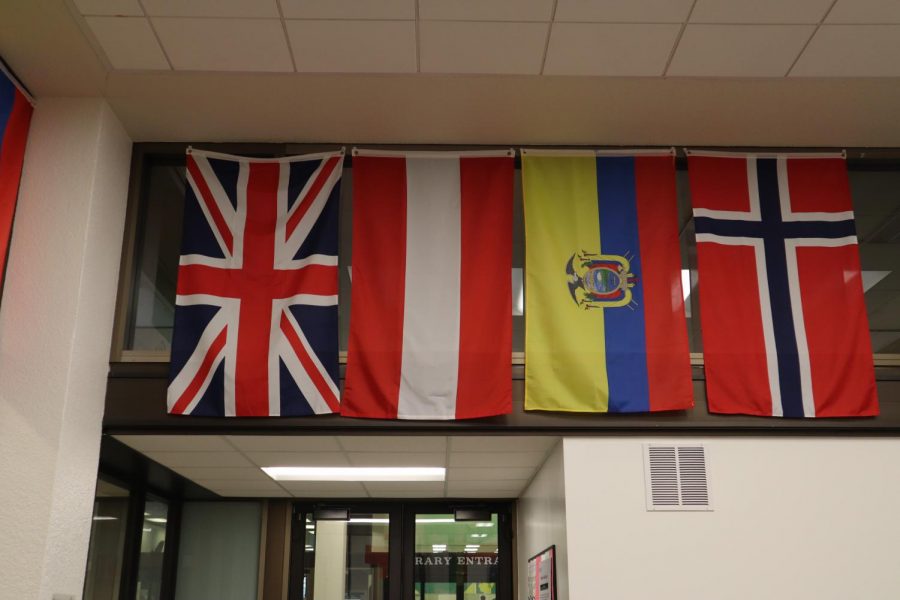
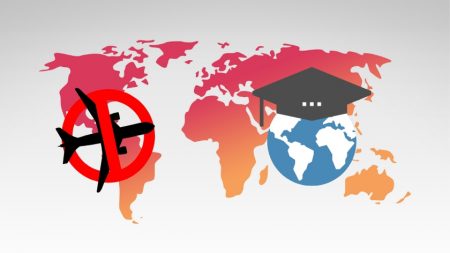



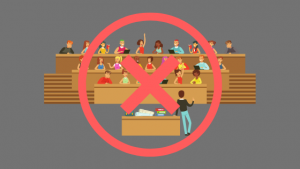




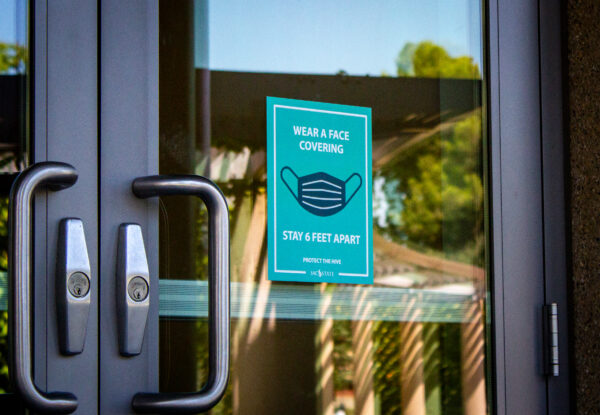
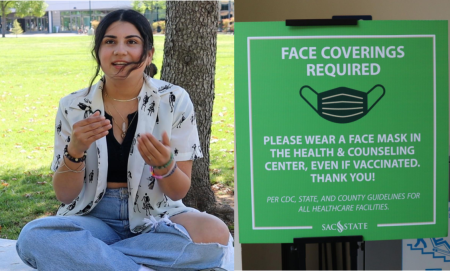
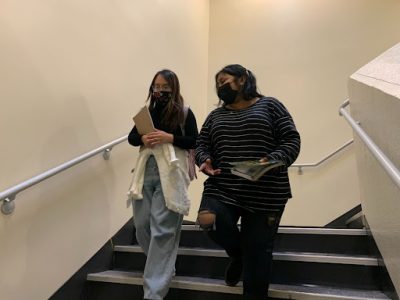
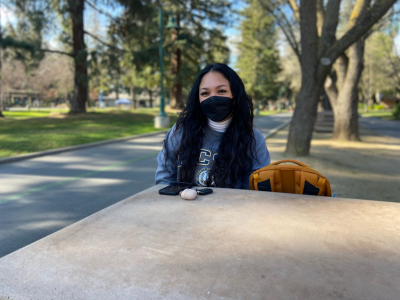
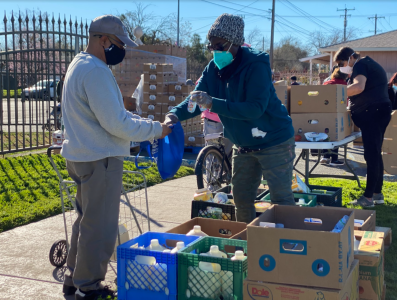
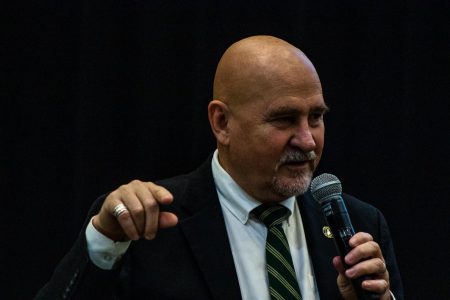
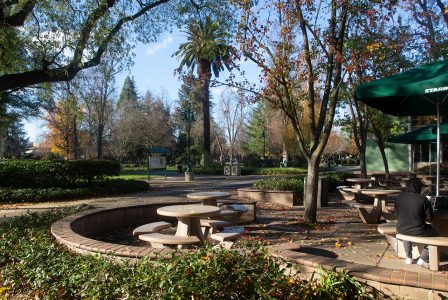
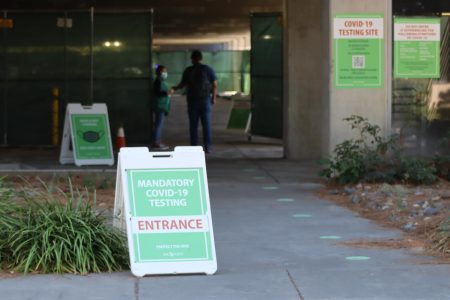
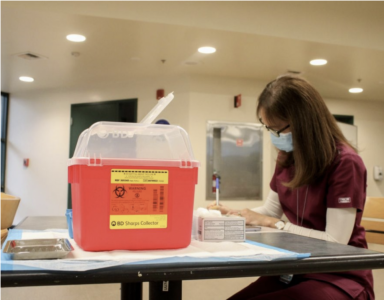
Shelby gauthier-owensby • Jul 9, 2020 at 2:46 pm
What country flags are theses in the picture , I can see on flag is A British Flag .
Binh • Jul 8, 2020 at 8:27 pm
The international students are an vital partial to the school business of the US. Many of them have their home countries which are now still lockdown and even no flights direct or connect to these countries. The deportation is now not bring any benefits to the government. This is also seen as going against the human right.